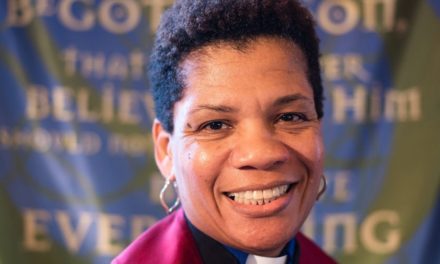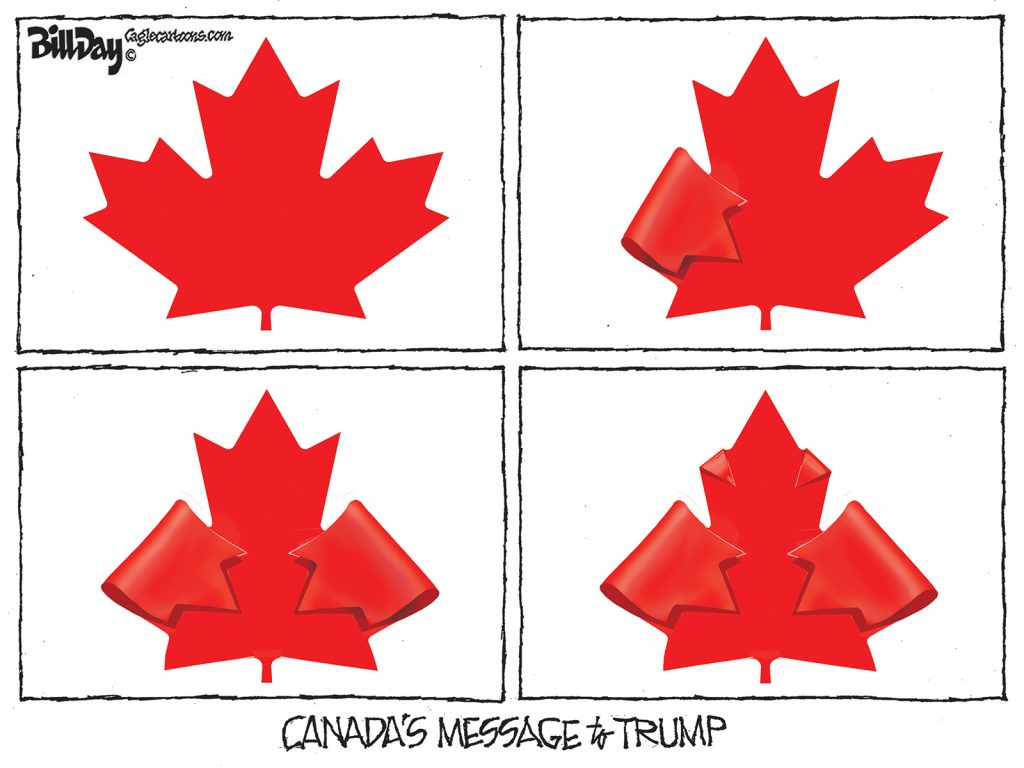By Sam Pizzigati at Campaign for America’s Future:
Apologists for inequality have an all-purpose defense for our desperately unequal status quo. We live in an unequal society, they pronounce, because Americans don’t really care about inequality. They only care about opportunity, and we have in the United States today, inequality’s cheerleaders assert, opportunity aplenty.
So case closed. Don’t even think about taxing the rich.
This aggressive defense shows up, predictably enough, in a new online debate — “Rising Wealth Inequality: Should We Care?” — that the New York Times has been hosting for the past week.
“Why do Americans,” the Times has asked a politically varied pool of analysts, “seem unperturbed about the growing gap between the rich and the poor?”
We’re unperturbed, George Mason University’s Tyler Cowen exclaims in response, because we’ve “done well” by our “pro-business and pro-wealth ethic.” If we work hard enough, all of us understand, any of us can become a billionaire.
Americans, echoes debater Scott Winship from the Pew Charitable Trust, don’t want to see any “leveling of income differences.” They just want what they’ve always wanted, “a fair chance for everyone to achieve the American Dream.”
But this basic claim — “that Americans care about opportunity and not inequality” — misreads the facts on the ground, sociologist Leslie McCall from Northwestern University counters in her debate contribution. Substantial polling data, she points out, show a solid public preference for greater economic equality.
The most stunning data along these lines comes from the work of Harvard’s Michael Norton, another of last week’s New York Times debaters. Research that Norton and his colleague Dan Ariely published last year examined what Americans know — and feel — about wealth and its distribution.
Americans, this research found, feel that the nation’s richest 20 percent ought to own no more than 32 percent of the nation’s wealth. Americans believe, the research also found, that this richest 20 percent currently holds about twice that much, a 59 percent share of the nation’s wealth. In reality, notes Norton, America’s richest 20 percent actually holds 84 percent of U.S. wealth.
Times debater Chrystia Freeland, the global editor-at-large at Thomson Reuters, finds these numbers incredibly revealing. In effect, she notes, “Americans would prefer to live in a society more equal than even highly egalitarian Sweden.”
Inequality’s apologists have essentially only one credible rebuttal to the research that analysts like Norton, McCall, and Freeland regularly showcase.
Some evidence, acknowledges Times debater Lisa Keister, a Duke sociologist, does indicate that “people would prefer more equality.” But if Americans truly did resent inequality, we would know it. We would see, she argues, “widespread outrage or pervasive demands for change.” We see neither.
Dante Chinni from the Jefferson Institute, in his Times debate moment, doesn’t find Keister’s point particularly persuasive. He sees outrage steadily building.
“Up to now, many Americans have been waiting to see if their current economic problems are temporary, or something more,” he notes. “As they begin to feel the larger forces involved, they will grow increasingly frustrated and, yes, angry.”
But Chinni and his fellow critics of inequality that the Times debate features leave unmentioned a more subtle dynamic at work wherever deep gaps grow between the rich and everyone else, a dynamic that does more to explain why more Americans aren’t more aggressively “clamoring for redistribution.”
Economist Robert Kuttner has, in the past, dived into this dynamic. Recent decades, Kuttner observes, have seen the lives of average Americans become ever more economically precarious. Our political system has essentially ignored these troubles — and catered instead to America’s increasingly powerful wealthy.
“When politics does not deliver for people, the people give up on politics,” Kuttner notes. “Or they see politics as a realm mainly for cultural warfare, for battles over patriotism, or as something for other people.”
In the process, Kuttner contends, many Americans have come to see their daily hardships as “private failures rather than the consequence of political choices.” And those Americans “most exposed to the most severe economic stress,” he adds, “have been deserting politics at the most accelerating rate.”
Over time, Kuttner concludes, this “disconnection” becomes “a recipe for losing both a tolerably just society and our democracy.”
The good news? Things can change — and quickly. Who six weeks ago would have predicted the enormously energetic clamor that has erupted in Wisconsin?
 Indeed, who back in the Great Depression years of the early 1930s, a time when so many Americans seemed politically depressed and defeated, would have predicted that Americans, by the millions, would be “clamoring for redistribution” by the mid 1930s — and reshaping American politics with that clamor.
Indeed, who back in the Great Depression years of the early 1930s, a time when so many Americans seemed politically depressed and defeated, would have predicted that Americans, by the millions, would be “clamoring for redistribution” by the mid 1930s — and reshaping American politics with that clamor.
Out of that new politics would come, by the 1950s, a much more equal America. We’ve lost that equality over the last three decades. We can get it back.



